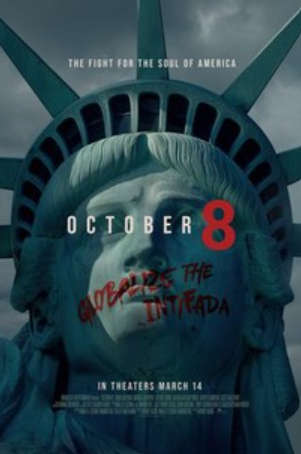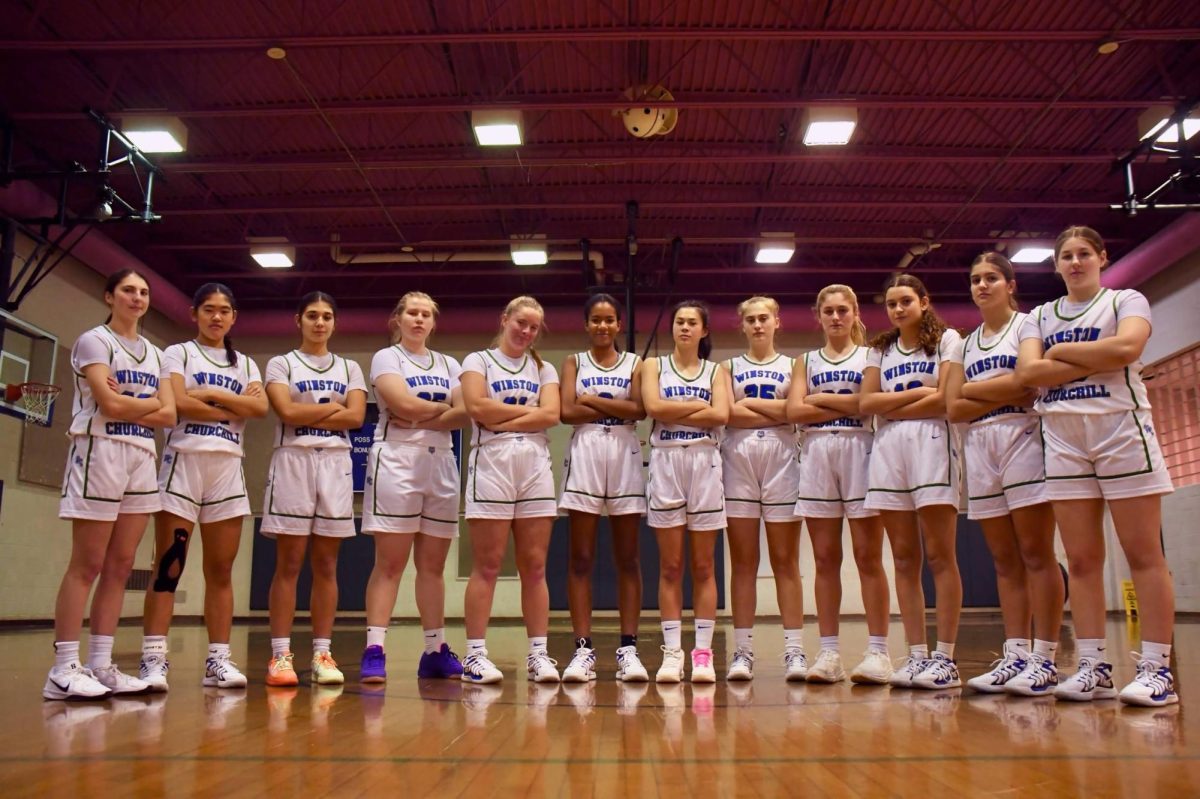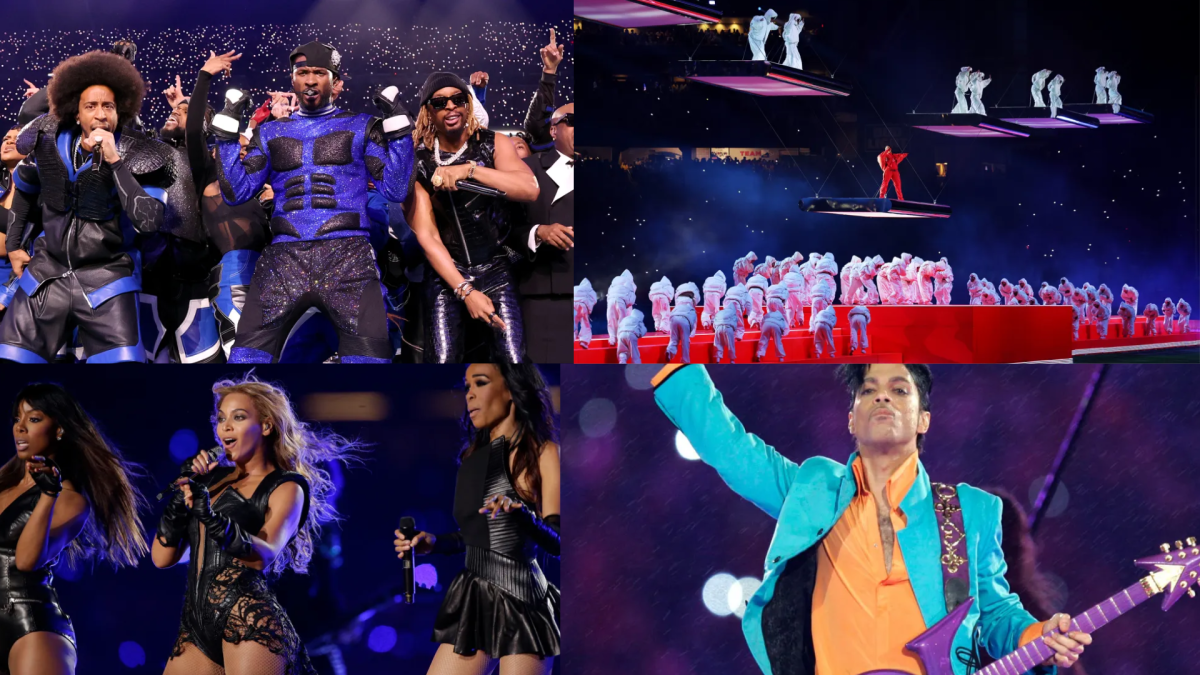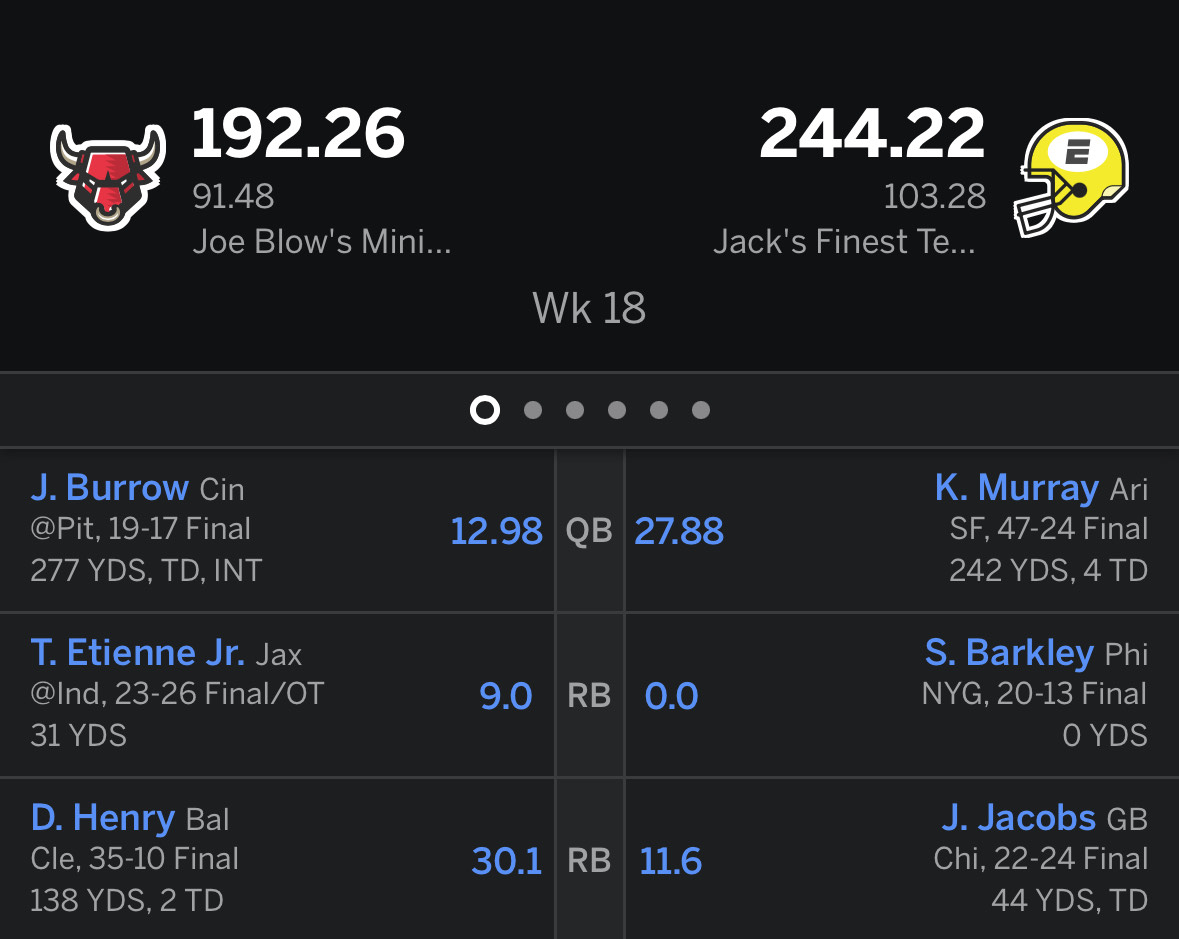In an industry such as professional sports, where the majority of owners are white and the majority of workers are black, racial controversies often can spiral out of control through media hype and public outrage.
The past few years have been filled with such situations, with the Ritchie Incognito bullying scandal rocking the NFL back in Nov. 2013, and the recent Donald Sterling controversy causing similar issues in the NBA. The media and general public have been quick to jump on Incognito and Sterling for their perceived racism, but in both situations the context of each have been more complicated than first thought.
When news first broke than Miami Dolphins linebacker Jonathan Martin had left the team indefinitely due to his claim of being “bullied” by teammate Incognito, there was immediate criticism by the media of the NFL’s perceived lack of attention to bullying.
Many observers were quick to portray Martin as the victim and Incognito the aggressor, but later messages leaked to the public proved the situation to be much less simple. Incognito released many documents that fleshed out the complicated relationship between the two men, and seemed to portray himself as a teasing friend rather than an intimidating tormentor.
As in the Martin-Incognito scandal, the recent controversy over Los Angeles Clippers owner Donald Sterling’s racist remarks about former Los Angeles Lakers legend Ervin “Magic” Johnson have led to an immediate response, with Sterling receiving a permanent ban from the NBA by commissioner Adam Silver, and strong pressure from Silver to sell the team. Clippers players staged their own silent protest in refusing to show the Clippers logo during warmups in a first round game playoff game against the Golden State Warriors.
The comments Sterling made, publicized by celebrity gossip website TMZ.com, were allegedly from a private phone conversation with his girlfriend that was recorded and sold to the website. Although Sterling has stated that the comments were taken out of context and misunderstood by the media, the media has largely supported Silver’s almost immediate decision to ban Sterling.
While racism in any form should not be allowed in any major industry, especially professional sports where the majority of athletes are African American, the decisiveness of sports media sources such as ESPN to attack the offending parties without absolute evidence is frightening to see.
While if Incognito and Sterling were indeed the bigoted figures they have been portrayed as, both the NFL and NBA have the right to take whatever actions they choose. Before drastic measures are taken, the entire story needs to be revealed.













